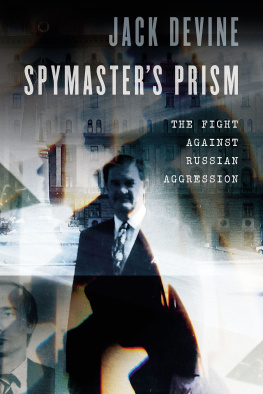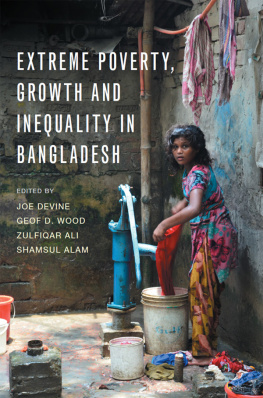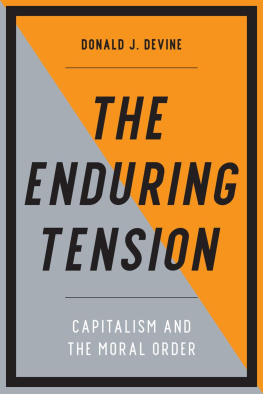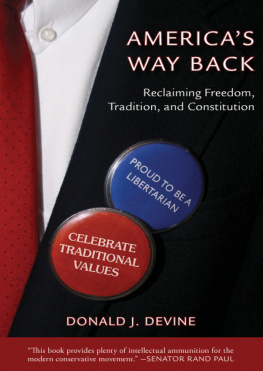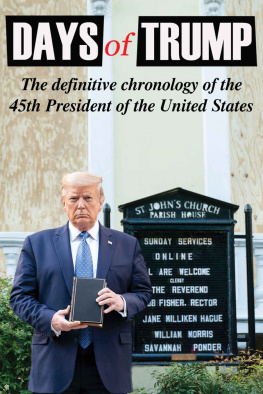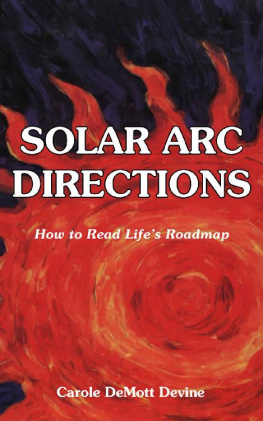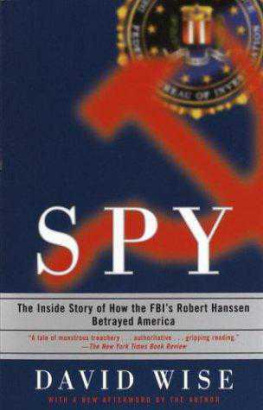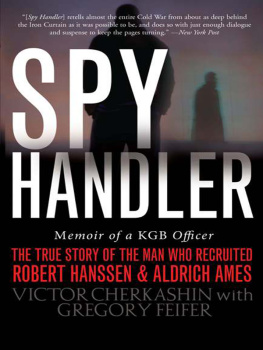
The author and publisher have provided this e-book to you for your personal use only. You may not make this e-book publicly available in any way. Copyright infringement is against the law. If you believe the copy of this e-book you are reading infringes on the authors copyright, please notify the publisher at: us.macmillanusa.com/piracy.
For Pat, without whom this story would not have been possible
and
for all the CIA personnel who have served their country gallantly
Contents
Introduction
Theres a model truck on the windowsill of my office overlooking Central Park that takes me back to the border towns in Pakistan with just a glimpse. Very few of my clients ever comment on it. They come to my firm in Midtown in New York City with all sorts of thorny problems and ask for help figuring out exactly what is going on. Theyre usually doing business in an environment, or with people, they dont fully understand, and they want to know the risks involved and how best to proceed. The truck, in fact, symbolizes a life in the intelligence world, and in turn the reason they have come to my office in the first place. Charlie Wilson gave it to me as a reminder of the guns and ammunition we moved across the border into Afghanistan. Charlie was a Democratic congressman from Texas who developed an intense interest in the Afghan mujahideen and their determined opposition to the Soviet Unions occupation of their country in the 1980s. I ran the last, and largest, covert operation of the Cold War as head of the Central Intelligence Agencys Afghan Task Force.
Afghanistan will always loom large in my mind as the crowning accomplishment of my past work as an intelligence officerand one of the greatest challenges ahead for the CIA and the American intelligence community. Im in the corporate intelligence business now, commanding a distributed network of hundreds of contacts who in turn have hundreds of sources they can tap into around the world. Its fair to say that I can put a tail on someone just about anywhere in the world faster than most spy agencies. Ive assessed the risk of a chem-bio attack at Madison Square Garden, vetted the prospective owner of an NBA franchise, foiled a cyberthief in China, and freed trucks in Moscow belonging to one of the worlds great magicians. My work obviously colors the way I think about the future of U.S. intelligence, where I still occasionally serve in an advisory capacity, having kept my clearances active. Of course, its my thirty-two-year career at the CIA that has made me the intelligence professional I am, even though I scrupulously avoid contact with former agents, sources, or foreign intelligence officers I knew on the job.
When I walked away from the CIA in 1998 with nothing but a government pension, I thought I had my feelings under control. I thought I was done. But over the years, Ive never quite been able to let go. This book is my best shot at sorting out my complex emotions and experiences. I served during the middle years of the CIAfrom Nixon to Clintonand know that period of CIA history intimately. I lived it, I breathed it, and I loved it. During those times, we ended many of our cables with the phrase GOOD HUNTING, which referred to the covert, relentless pursuit of our enemies and sources of intelligence. And so it has been the hunting conducted by U.S. intelligence officers and their diplomatic and military brethren that led us to victory in the Cold War, as well as to the dismantling of al-Qaeda. Yet I still feel the Central Intelligence Agency, caricatured and lionized by Hollywood, remains one of the least-understood instruments of the U.S. government. Agency critics tend to focus on failed operations that are exposed or compromised, either by screwups in execution, leaks in Washington, or the release or declassification of once-secret cables. But these accounts typically shed little light on either the CIAs internal culture and discipline or the professionalism among its officers. I dont want to hide behind the clich often cited by those whove run the CIA that our relatively few failures become public while our many successes remain secret. But there is more than a little truth to that. In over thirty years, I never saw or participated in a rogue operationsomething the CIA executed on its own without explicit approval from the White House. My seven overseas postings, interspersed with headquarters assignments, also made me understand how valuable it is that the CIA plants its flag in almost every country. The president and other members of the U.S. national security community cannot know when a country will suddenly take on strategic importance. Grounding in foreign capitals, and an ability to influence events through covert means, is critical for Washington. No one can provide those things better than the CIA.
I want to set the record straight, to the best of my ability, for historys sake, about the Agencys essential intelligence contributions to national security. And I want to talk about the future of the CIA post-Iraq and -Afghanistan, with the nation fatigued by large ground wars but still in need of protection against an array of enemies, from al-Qaeda to the Mexican drug cartels, from Iran to North Korea. Like it or not, a powerful intelligence service capable of stealing secrets from our adversaries and mounting effective covert operations is, for the United States, an imperative of modern statecraft. I hope, after many years of war, we do not come to resemble those whom T. S. Eliot wrote about at the end of World War I in his poem The Hollow Men. In it, he describes leaders as shape without form, shade without color, paralyzed force, gesture without motion. I saw few such people in the CIA. The model truck on my windowsill speaks to my belief in the efficacy of covert action. It is true that the CIAs biggest mistakes involved covert action. But it is also true that these mistakes, without exception, also involved operations carried out at the behest of presidents pursuing flawed policies. And for every covert action that failed spectacularly, there have been others that enabled presidents and policy makers to achieve ends in the nations interest with an unseen hand, which is almost always preferable to a heavy footprint. Through hard experience, including running all CIA operations in the mid-1990s, I understand the difference between good covert action that is effective and representative of the best of American values, and bad covert action that is poorly conceived and destined to fail. I have developed over the years a set of principles designed to ensure the former and prevent the latter. Its time that the policy makers and Congress conduct a comprehensive review of covert action, its appropriate use, and general principles of operation so we can come to a better appreciation of what the CIA can do for the nation at this complex moment in our history. Needless to say, this cant become a public debate about ongoing operations that would jeopardize our people, allies, and national interests. Such a discussion can more appropriately be handled through the existing oversight process. But it is nevertheless imperative.
I have been engaged in all aspects of the spy business. Ive written in invisible ink and run black bag jobs. I have argued against flawed coup plots and directed the largest covert action of the Cold War. I spoke out inside the CIA against the operation in the mid-1980s to send missiles to Iran (to no avail) and ran the clandestine service during the drawdown after the Cold War and the aftermath of two devastating betrayals, one by the CIA mole Aldrich Ames, and the other by the FBI turncoat Robert Hanssen. I am writing this memoir now to demonstrate the necessity of using the CIA and covert action to their fullest potential at this critical period of history. If not, we will have lost the opportunity to exploit these important tools of statecraft, with potentially grave consequences. After spending billions on intelligence since the 9/11 terror attacks, I still believe were underinvesting in spies: instead we have been militarizing intelligence in a way that ultimately will detract from our ability to engage in espionage and conduct covert action. Im not an apologist for the CIA, and I have publicly criticized certain of its practices. Thomas Polgar, the legendary CIA station chief in Saigon, was a straight shooter and never afraid to speak up on matters of principle. His assessments in Vietnamwhat was known and not known during the warwere hugely controversial. I asked him once why he was willing to take on such issues. When you get to the level Im at, you have an obligation to stand up for what you believe, he said. When I was deputy director of operations, I passed his remark on to departing station chiefs before they took up their new assignments abroad, because I do believe its true. This was a trait that was encouraged and fostered by many others as well, in the formative years of my career at the CIA. I hope this trait has continued to be emphasized to this day.
Next page

